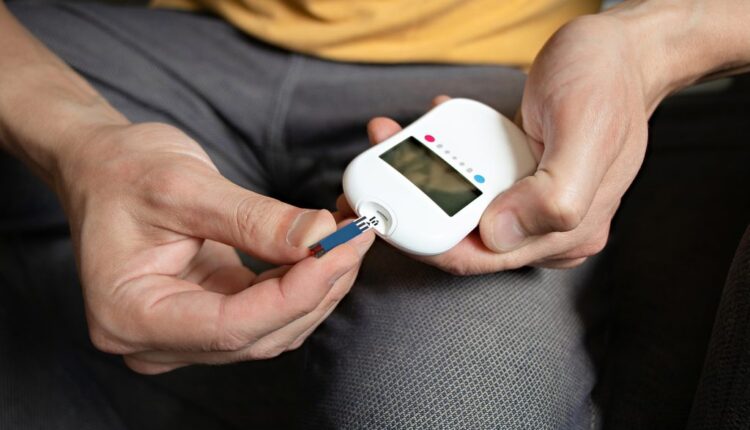Unmasking The Sneaky Type 1 Diabetes Symptoms
Type 1 diabetes is like a secret agent infiltrating your body and creating havoc. Because type 1 diabetes symptoms can be subtle yet significant, it is critical to notice them before they seize total control. In this blog, we’ll reveal the hidden type 1 diabetes symptoms, transforming you into a private eye on your health journey.
An unquenchable thirst
Imagine a never-ending desert in your mouth. One of the earliest indications of type 1 diabetes is excessive thirst. Even if you’re drinking water, your thirst persists. It is your body’s way of alerting you that something is wrong.
Constant Urination
A sudden rise in toilet trips may raise suspicions. When your blood sugar levels are surging, your kidneys work extra hard to clear out more sugar. Urinating regularly is a red flag that should not be ignored.
Weight Loss Without Effort
Losing weight without dieting or exercising may be a pipe dream, but not in this case. Unintentional weight loss is a common symptom of type 1 diabetes. The weight is dropping because your body is turning muscle and fat into energy.
Insatiable Hunger
Type 1 diabetes, on the other hand, may leave you feeling ravenous even when you eat regularly. Your cells are starving for glucose because insulin, the key to allowing sugar into cells, is deficient. It can be aggravating to be continuously hungry.
Tiredness and Weakness
Do you feel weak and tired even after a good night’s sleep? You are weary because excessive blood sugar levels hinder your cells from receiving the necessary energy.
Disorganized Vision
Type 1 diabetes may also affect your eyes. As a result of elevated blood sugar, your eye’s lens may swell, affecting your vision. If you see yourself squinting or having difficulty concentrating, it’s time to get checked out.
Injuries that take a long time to heal
Have you ever noticed that wounds and bruises heal slower than they used to? Diabetes impairs your body’s ability to heal itself, making wounds more likely to linger and become infected.
Tolerance
You could be having mood swings. Blood sugar fluctuations may cause anger and mood changes. Diabetes may be a factor if you’re snapping more than usual.
Fruity Breath
Here’s an unusual one: fruit-scented breath. Insulin deficiency leads your body to burn fat for energy, resulting in ketones, which give your breath a particularly sweet odor.
Nausea and vomiting
Diabetic ketoacidosis (DKA), a significant complication of uncontrolled type 1 diabetes, can be identified by prolonged nausea or vomiting. This happens when your body produces an excessive amount of ketones.
Breathing problems
Diabetes causes your body to use glucose inefficiently, causing you to become out of breath even after light exertion. It’s your body’s way of warning you about an issue.
Numbness and pins and needles
Uncontrolled hyperglycemia might harm the nerves. This could cause numbness and tingling, especially in your hands and feet.
Vision Shifts
Diabetes, in addition to cloudy vision, can cause more significant eye problems, such as diabetic retinopathy. It is vital to monitor your eye health on a frequent basis.
A yeast infection
Having high blood sugar levels promotes yeast growth. If you frequently experience yeast infections, diabetes should be considered as a possible cause.
Dizziness and disorientation
Blood sugar changes can lead to mental confusion and dizziness. If you feel dizzy or lightheaded, this is a warning sign.
These type 1 diabetes symptoms may appear insignificant in the grand scheme of things, yet they are your body’s warning system. When you have these symptoms, you must immediately contact a healthcare provider.
Final Thoughts
Although type 1 diabetes is a master of disguise, if you know the signs and symptoms, you can catch it early. Don’t let it create harm to your body without your knowledge. If you see any of these type 1 diabetes symptoms, stay alert, pay attention to your body, and get medical treatment. Type 1 diabetes can be treated, and raising awareness is the first step towards a better lifestyle. So, keep an eye out for these warning signals, and remember that education is your best ally in the fight against this silent invader.


Comments are closed.